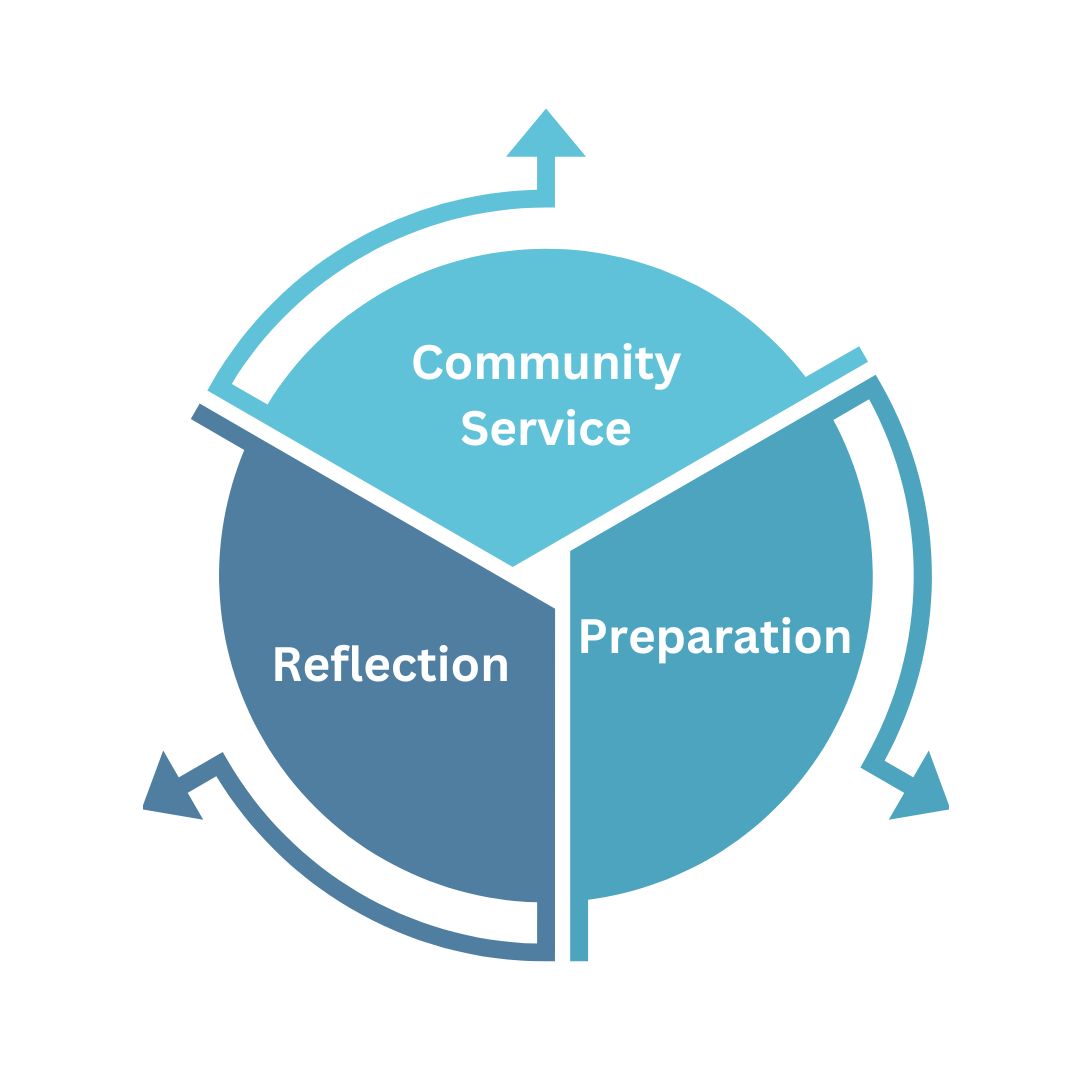Service learning
Community Engaged Service Learning (CESL); where academic study and community service unite in the spirit of social accountability
 |
COMMUNITY ENGAGED SERVICE LEARNING (CESL) PROGRAM INTRODUCTION (MEDI 2612) CACMS (6.6) Dalhousie Medicine encourages and supports undergraduate medical education students to participate in service learning activities as an opportunity to gain knowledge of community and patient needs. |
Service learning is defined as “A structured learning experience that combines community service with preparation and reflection” (CACMS, 2015)
Community Engaged Service Learning Program (MEDI2612) at Dalhousie Medicine
The Community Engaged Service Learning Program (MEDI2612) is offered during the first two years of Undergraduate Medical Education at Dalhousie University. In the first year, the program integrates community engagement concepts into classroom-based learning through Professional Competencies 1. In the second year, students have the option to participate in a community-engaged experience and contribute to a small project.
Students who choose to participate must complete a minimum of 20 hours of service learning during the academic year. They apply for the program and are either matched with community-based not-for-profit organizations that work with marginalized and underserved populations, or they develop their own experiences based on existing partnerships.
The experience includes preparation, critical reflection assignments, and a project deliverable that is relevant and useful for the community partner and the people they serve. Projects are designed in collaboration with community partners and the Service Learning Program.
For more information contact:
Lisa Nardecchia
Program Manager, Community Engaged Service Learning
oce@dal.ca
